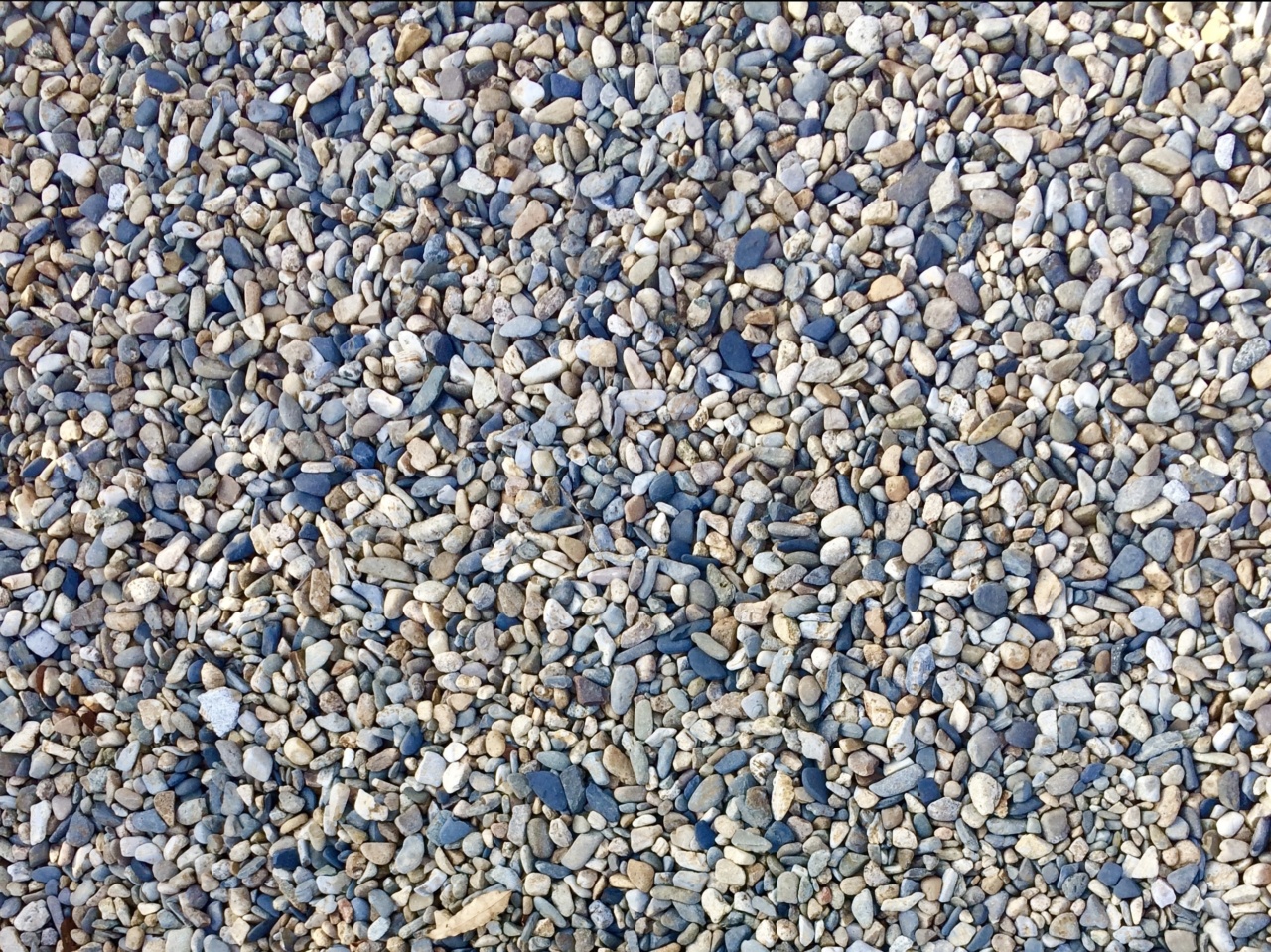Kidney stones are hard deposits that form in the kidneys and can cause excruciating pain. These stones are made up of minerals and salts that stick together to form crystals.
While genetics and certain medical conditions can increase the risk of developing kidney stones, lifestyle factors also play a significant role. By following certain dos and avoiding certain don’ts, you can reduce your risk of developing kidney stones. Here are some essential tips to keep your kidneys healthy:.
Do Stay Hydrated
Staying hydrated is crucial for preventing kidney stones. Drinking an adequate amount of water helps dilute the urine and prevents minerals and salts from clustering together to form stones. Aim to drink at least 8-10 glasses of water each day.
If you exercise or live in a hot climate, you may need to increase your fluid intake.
Don’t Consume Too Much Salt
Excessive salt intake can increase the amount of calcium in your urine, which can lead to the formation of kidney stones. Limit your sodium consumption by avoiding processed foods, canned goods, and fast food.
Instead, opt for fresh, whole foods and flavor your meals with herbs and spices instead of salt.
Do Include Citrus Fruits in Your Diet
Citrus fruits like lemons and oranges contain citrate, which can help prevent kidney stones from forming. Citrate reduces the amount of calcium in urine and also inhibits stone formation.
Squeeze fresh lemon or lime juice into your water or use them in salad dressings to enjoy their benefits.
Don’t Overdo Animal Protein
Consuming excessive animal protein, such as red meat, poultry, and seafood, can increase the excretion of calcium and uric acid in urine, leading to the formation of kidney stones.
Try to limit your intake of animal protein and focus on including more plant-based protein sources like legumes, tofu, and quinoa in your diet.
Do Watch Your Oxalate Intake
Oxalate is a substance found in certain foods that can combine with calcium and form kidney stones. If you’re prone to developing calcium oxalate stones, it’s important to watch your oxalate intake.
Some high-oxalate foods include spinach, rhubarb, beets, chocolate, and nuts. However, it’s not necessary to completely eliminate these foods from your diet, as they also provide important nutrients. Just consume them in moderation.
Don’t Rely Too Much on Vitamin C Supplements
Vitamin C is an essential nutrient, but excessive amounts can be converted into oxalate by the body.
If you’re taking high-dose vitamin C supplements, it’s recommended to avoid doses above the daily recommended amount to reduce the risk of kidney stone formation.
Do Consume Calcium-Rich Foods
Contrary to popular belief, consuming calcium-rich foods does not increase the risk of kidney stones. In fact, adequate calcium intake can bind with oxalate in the intestines, preventing its absorption and reducing the risk of stone formation.
Opt for low-fat dairy products, leafy greens, and other calcium-rich foods.
Don’t Avoid Physical Activity
Leading a sedentary lifestyle can contribute to the formation of kidney stones. Physical activity helps maintain a healthy weight and promotes proper kidney function. Make exercise a part of your routine to reduce the risk of kidney stones.
Do Manage Your Weight
Being overweight or obese increases the risk of developing kidney stones. Follow a balanced diet and engage in regular physical activity to manage your weight effectively.
This not only reduces the risk of kidney stones but also promotes overall well-being.
Don’t Drink Excessive Amounts of Alcohol
Excessive alcohol consumption can lead to dehydration, which in turn increases the risk of kidney stone formation. Limit your alcohol intake to moderate levels and make sure to hydrate adequately when consuming alcoholic beverages.
In Conclusion
By following these dos and avoiding these don’ts, you can significantly reduce your risk of developing kidney stones.
Remember to stay hydrated, watch your salt and animal protein intake, include citrus fruits and calcium-rich foods in your diet, and engage in regular physical activity. Taking these steps will not only promote kidney health but also contribute to your overall well-being.






























